T4K3.news
America Cannot Shake Off Inflation
Inflation remains persistent in the United States even as it cools elsewhere, shaping policy and budgets in the year ahead.

A closer look at why inflation remains stubborn in the United States despite broad declines elsewhere.
America Cannot Shake Off Inflation
Inflation cooled from its 2022 peak across rich economies, with price gains easing from double digits to a level near central bank targets. By June the OECD average was around 2.5 percent, yet several Anglophone economies including the United States still report lingering price pressures, particularly in services and housing.
Across the United States, slower goods inflation and easing supply disruptions have reduced headline numbers, but core components tied to wages and services costs resist a quick return to target. Central banks say policy will stay restrictive until inflation convincingly slows, a stance that raises questions about growth and budgets in the year ahead.
Key Takeaways
"Inflation is down but not out"
A market observer notes ongoing price pressure
"The long tail of prices will test patience and policy"
Editorial assessment of policy horizon
"Wage growth and services costs bite households"
Analyst comments on consumer budgets
"Policy makers need credible plans not quick fixes"
Editorial admonition
The persistence of inflation signals a shift in how prices behave in rich economies. It raises the risk that expectations may not re-anchor quickly, especially if wage growth remains resilient.
Policy teams face a delicate balance between cooling prices and sustaining growth. The political questions around budgets and spending will grow louder if households feel the pain longer, and that could affect elections and investor confidence.
Highlights
- Inflation is down but not out
- The long tail of prices will test patience and policy
- Wage growth and services costs bite households
- Credible plans beat quick fixes
Budget and political backlash risk
Lingering inflation in key economies could provoke political scrutiny of budgets and policy responses, risking public backlash if households feel higher costs for longer.
The road ahead will test patience and policy alike.
Enjoyed this? Let your friends know!
Related News
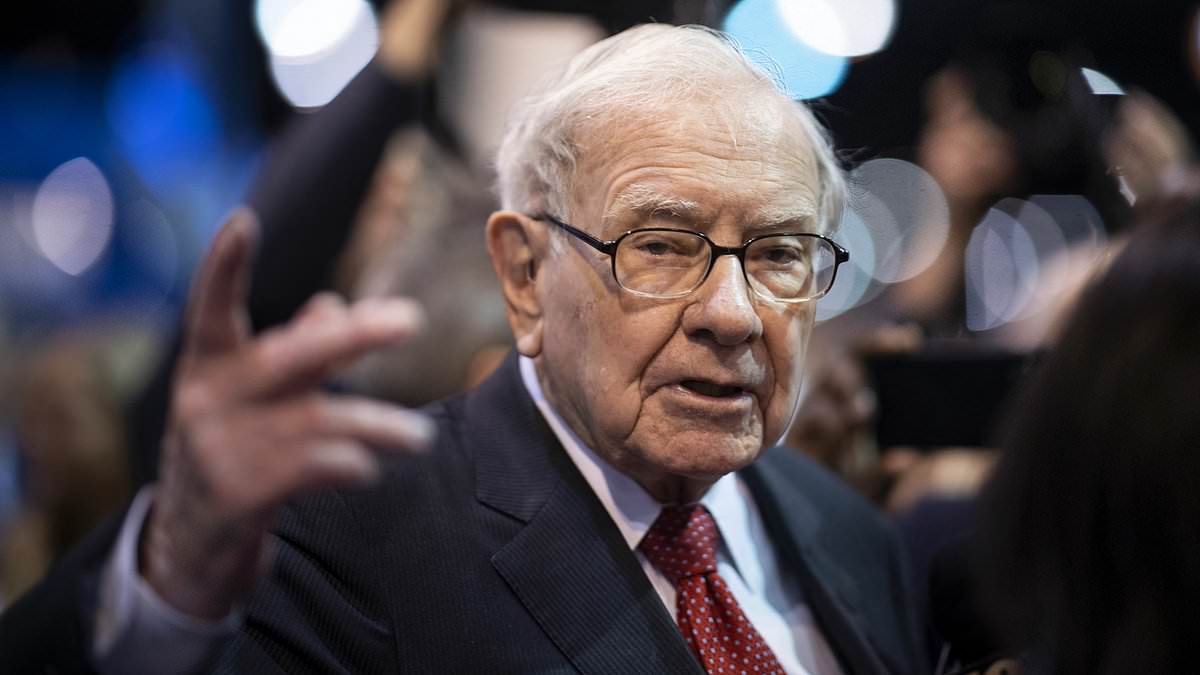
Warren Buffett sells $3.2 billion in bank stocks

Amazon raises prices on everyday items after tariff promises

US economic indicators show slow growth

Tariffs likely to affect inflation by fall
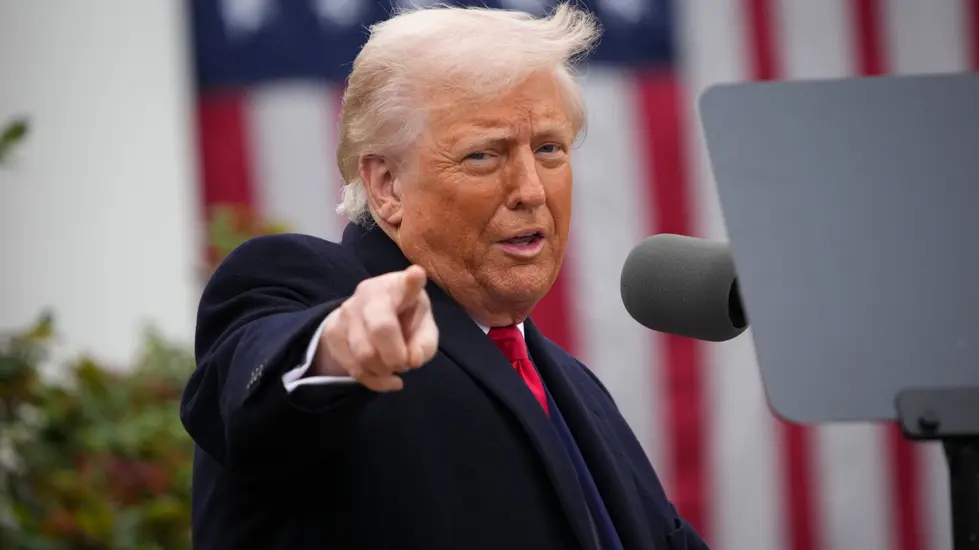
Trump's tariffs lead to economic uncertainty in the U.S.
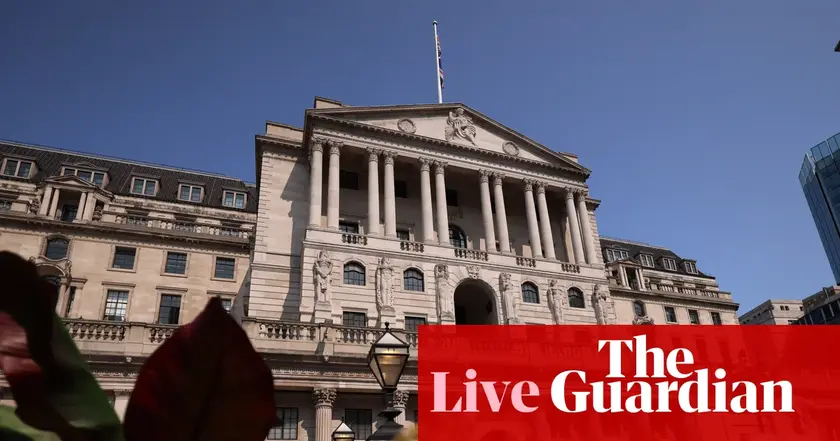
US tariff rates reach highest level since 1930s
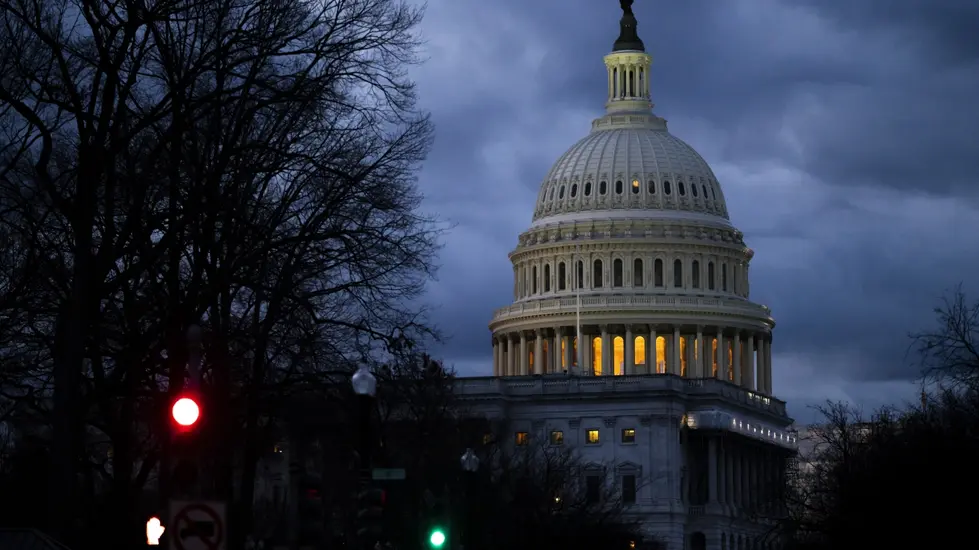
Senator Klobuchar criticizes Trump for job report
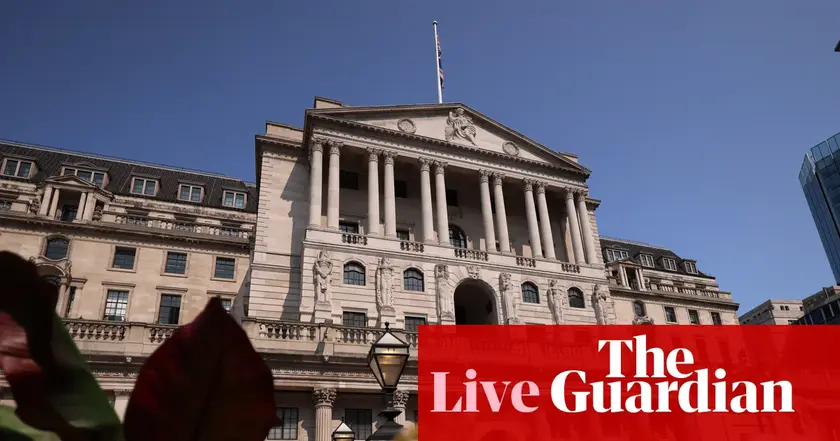
Trump tariffs take effect; Bank of England set to cut rates
